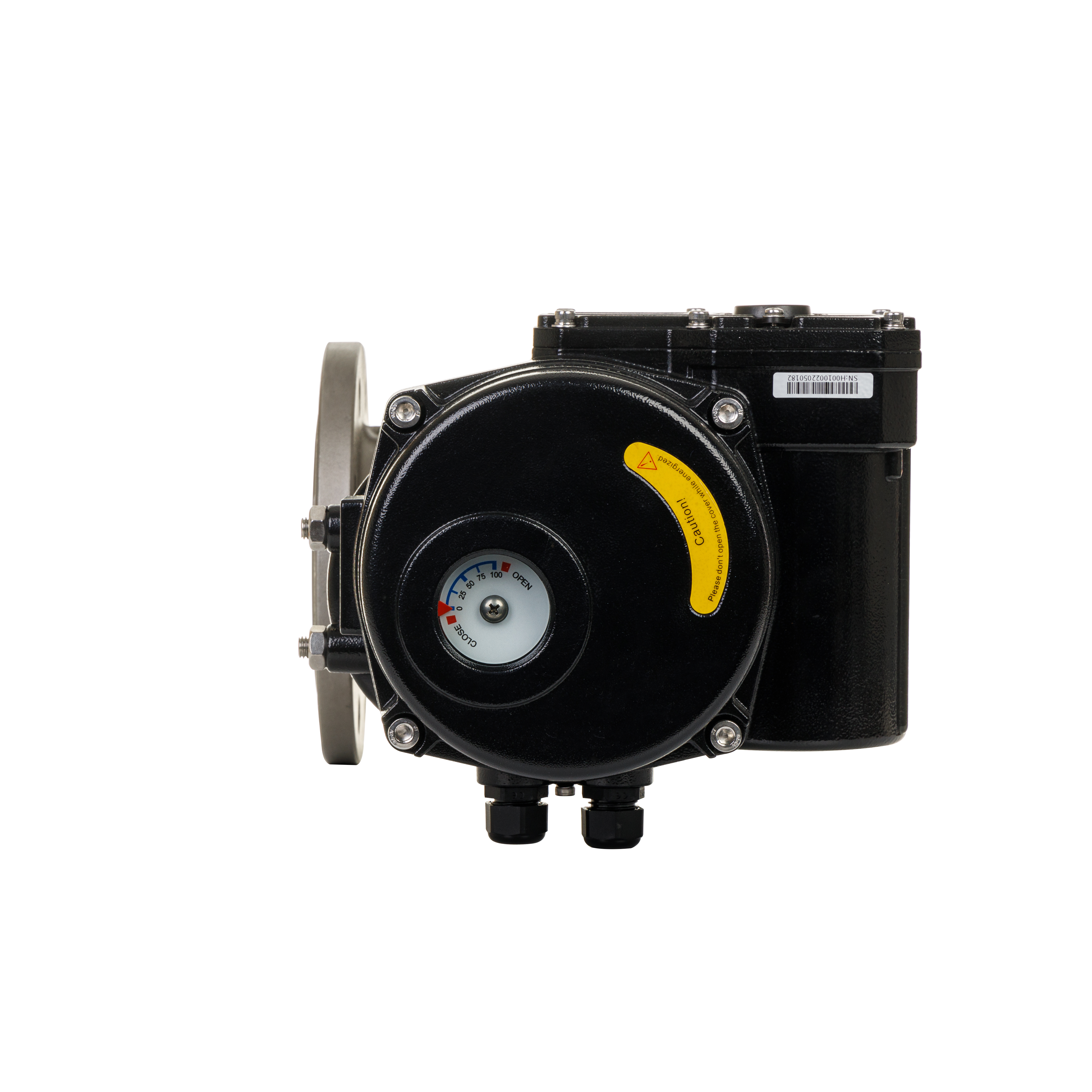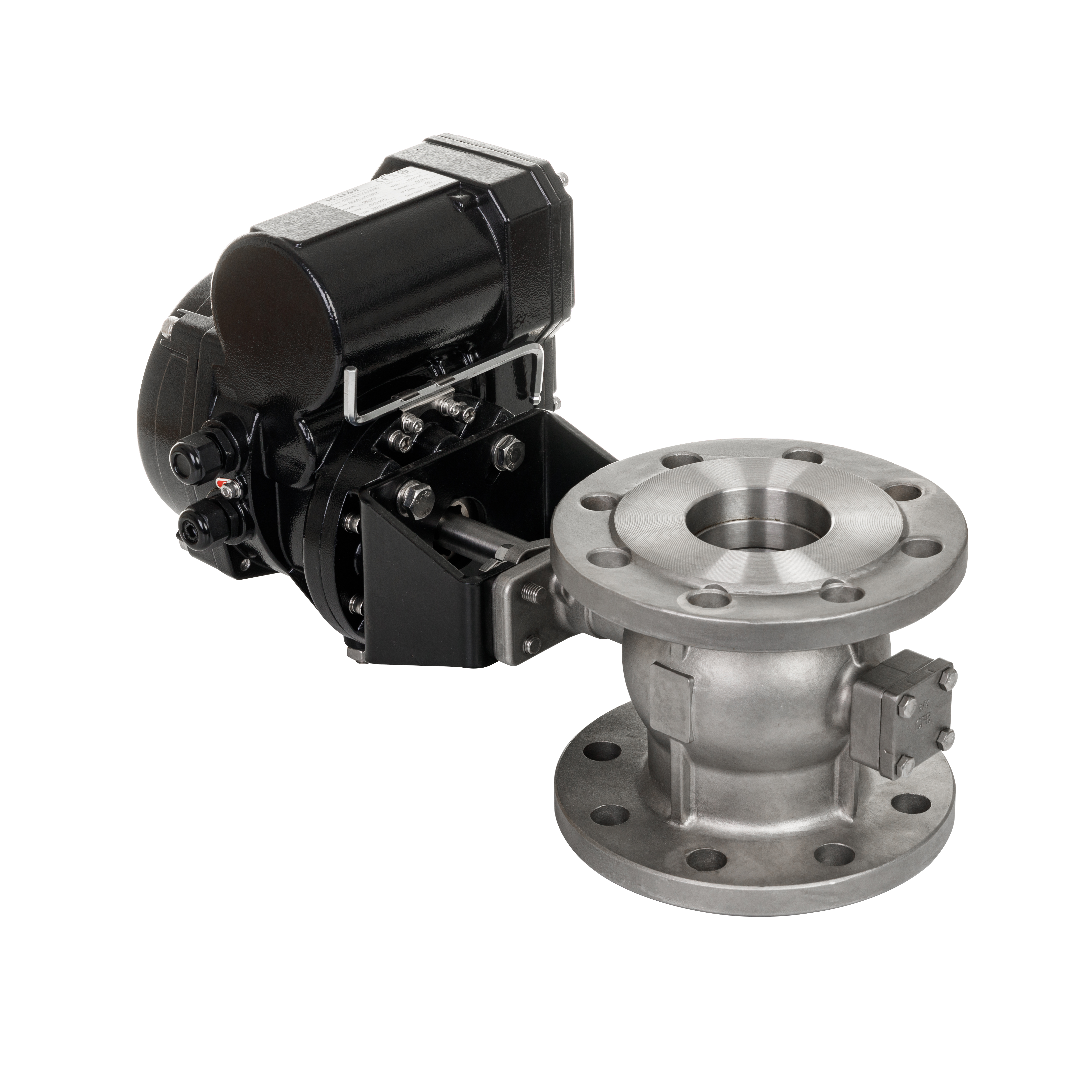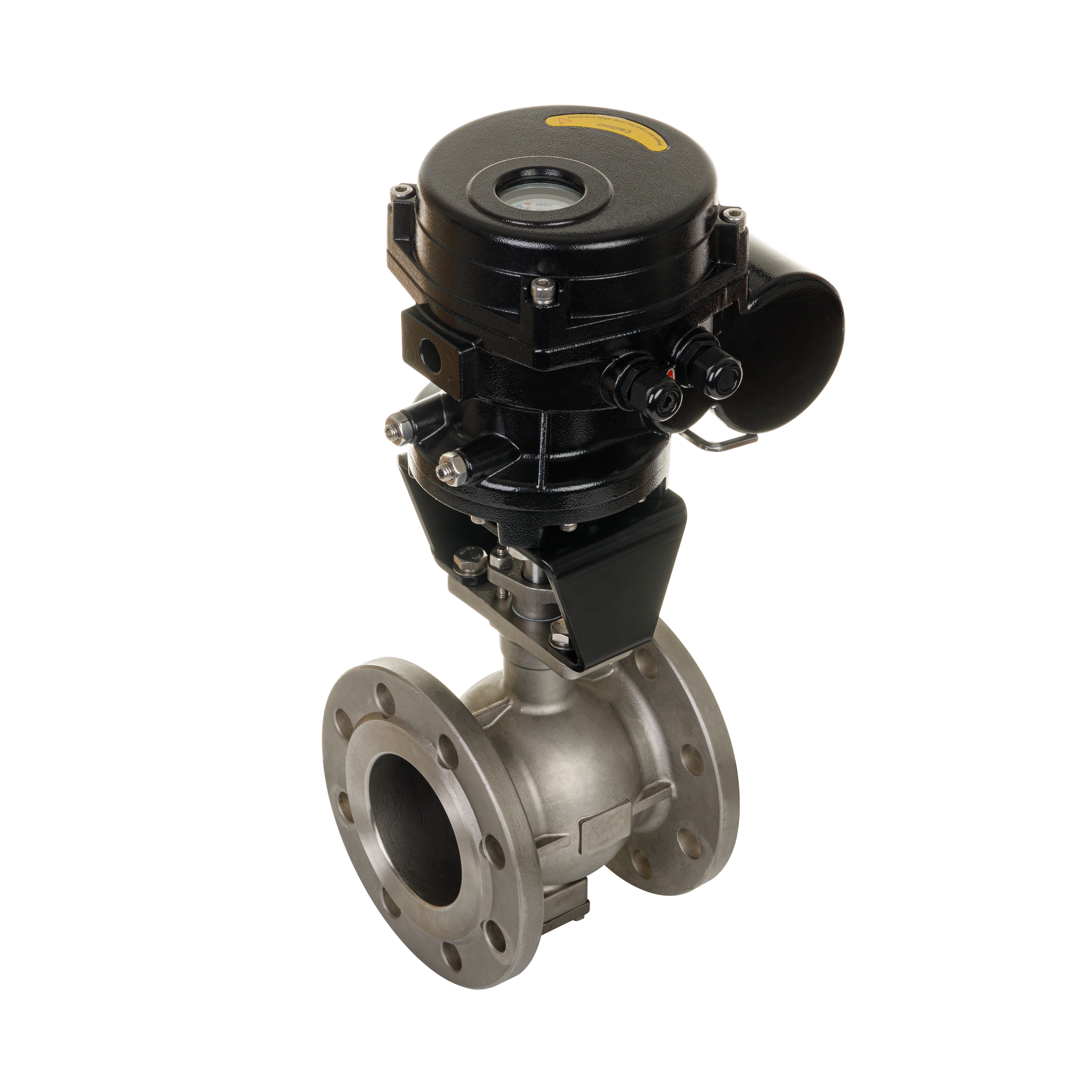

Hydrogen energy electric valves are specialized devices designed to control the flow of hydrogen gas in various applications, from fuel cells to hydrogen production plants. These valves are essential for regulating pressure, controlling flow rates, and ensuring safety in hydrogen handling systems. Given the unique properties of hydrogen—such as its low molecular weight, high diffusivity, and flammability—electric valves designed for hydrogen applications must meet stringent safety and performance standards.
Electric valves operate using an electric actuator, which allows for precise cntrol over the valve’s opening and closing actions. This precision is particularly important in hydrogen applications, where even small leaks can lead to hazardous situations. The integration of electric valves into hydrogen energy systems enhances automation and enables remote monitoring and control, which is vital for maintaining system integrity and safety.

o As the world increasingly shifts towards sustainable energy solutions, hydrogen energy has emerged as a frontrunner in the quest for clean and efficient energy sources. Hydrogen, when used as a fuel, produces only water vapor as a byproduct, making it an environmentally friendly alternative to fossil fuels. A crucial component in the management and utilization of hydrogen energy is the hydrogen energy electric valve, which plays a significant role in ensuring the safe and efficient operation of hydrogen systems.
Understanding Hydrogen Energy Electric Valves